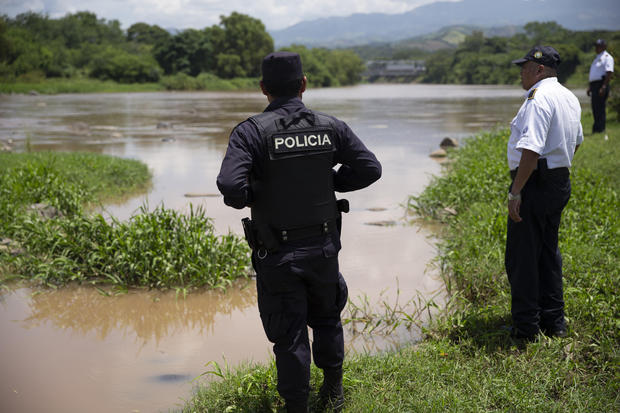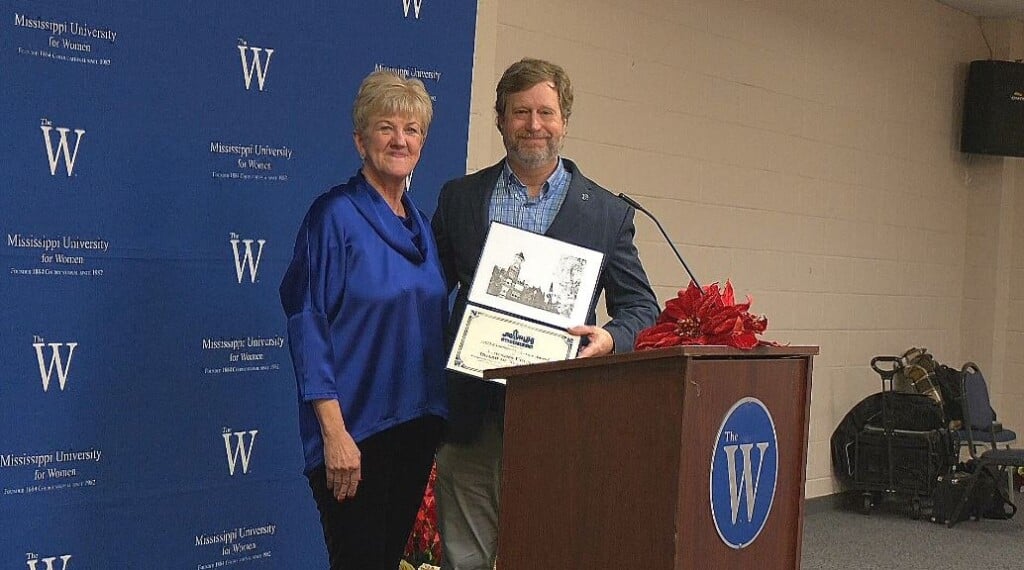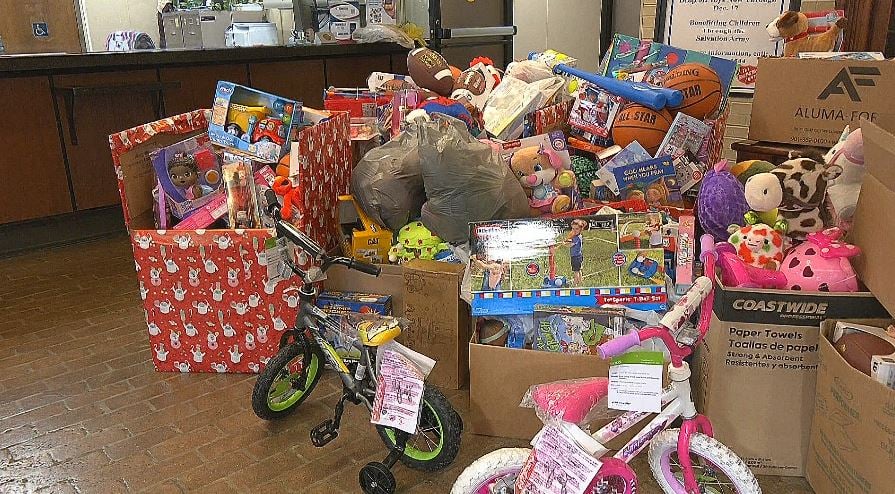U.S. signs asylum deal with El Salvador despite violence
Washington, D.C. — The Trump administration on Friday announced it had brokered an immigration accord with El Salvador designed to ensure the government of this small Central American country — one the most dangerous nations in the Western Hemisphere — offers refuge to migrants from all corners of the world journeying to the U.S.
The deal, unveiled by Acting Homeland Security Secretary Kevin McAleenan, is one of several controversial multilateral accords the administration has sought to forge with countries in Central America’s so-called Northern Triangle to curb migration of families to the U.S., which skyrocketed in May but has decreased in recent months.
McAleenan, who has spent much of his interim tenure leading diplomatic engagements with countries where the bulk of U.S.-bound migrants are coming from or transiting through, helped broker a similar “safe third country” deal earlier in the summer with Guatemala. Under the proposal, which has not been implemented, the U.S. would deport asylum seekers who traveled from other countries through Guatemala to reach the U.S.-Mexico border — and these migrants would be required to seek asylum in Guatemala instead.
The text of the agreement with the Salvadoran government, now led by the popular center-right President Nayib Bukele, was not immediately available. But the deal is expected to target migrants from countries like Nicaragua, Cuba, Venezuela, Brazil and central African nations who travel through El Salvador hoping to reach American soil.
The U.S. embassy in Salvador said the deal signed on Friday on “protection requests” is part of a broader bilateral strategy to combat organized crime, illegal trafficking and human smuggling in El Salvador.
Like the deal with Guatemala, which has seen an exodus of its citizens in recent months because of suffocating poverty and crop failures in some parts of country, the agreement with El Salvador on Friday is sure to draw criticism from immigrants’ advocates, who believe the small Central American country has no business promising protection to desperate migrants.
Although it also suffers from the political corruption and economic inequality that has plagued Central America for decades, El Salvador’s most pressing issue for years has been gang warfare and widespread insecurity.
Over the past decades, El Salvador has consistently topped the list of countries with the highest homicide rates that are not in open war. A bitter feud between the two transnational gangs Mara Salvatrucha, or MS-13, and Barrio 18 has made the small nation an epicenter of extrajudicial killings, murders for hire, rape, arms trafficking and human smuggling.
Recently, the small country has experienced substantial comic growth, but nearly 40% of Salvadorans still live below the poverty line, according to an analysis by the World Bank.






Leave a Reply